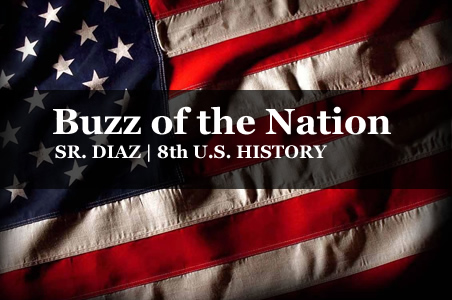American Revolution
Monday
Chapter 7 Section 1 Workbook 25
Why did colonist belong to either the Loyalist or the Patriots?
What was the significance of the Battles of New York, Trenton, and Saratoga?
Tuesday
Chapter 7 Section 2 Workbook 26
What people were influential in American victories during the Revolutionary War? What qualities did they share?
Wednesday
By 1775, the movement towards independence had gained
traction. Thomas Paine’s “Common Sense,” which put forth the arguments
for independence, was published in January 1776 and sold as many as
120,000 copies in the first three months, 500,000 in the first year, and went
through twenty-five editions in the first year alone. The Declaration of Independence was signed on July 4th and used as a propaganda toward colonist. Massachusetts was NOT Loyalist territory. Many consider it to be the heart of the Revolution.
What were reasons that Patriots used to support Independence? Reasons to risk your life for?
However, as many as 15-20% of colonists remained loyal to the English King
and opposed to independence. Loyalists were often wealthier people, merchants, or people active in the
Anglican Church. There were also concentrations of Loyalists in certain
areas, such as New York and Long Island.
Why might some colonists have remained loyal to England?
Read two sources and determine reasons for people to remain loyal to England.
Thursday
Discussion:
• Why did some colonists oppose independence?
• Do their arguments seem reasonable?
• What might Patriots have said in response to these arguments?
• Which side do you think was more reasonable?
Create a T chart on the back, labeled as Patriots and Loyalists. What arguments would the Patriots use to support Independence? What arguments would the Loyalists use to oppose Independence?
Friday
Debate both sides of the issue.
Chapt 7 Section 4 and Wb 28



















































